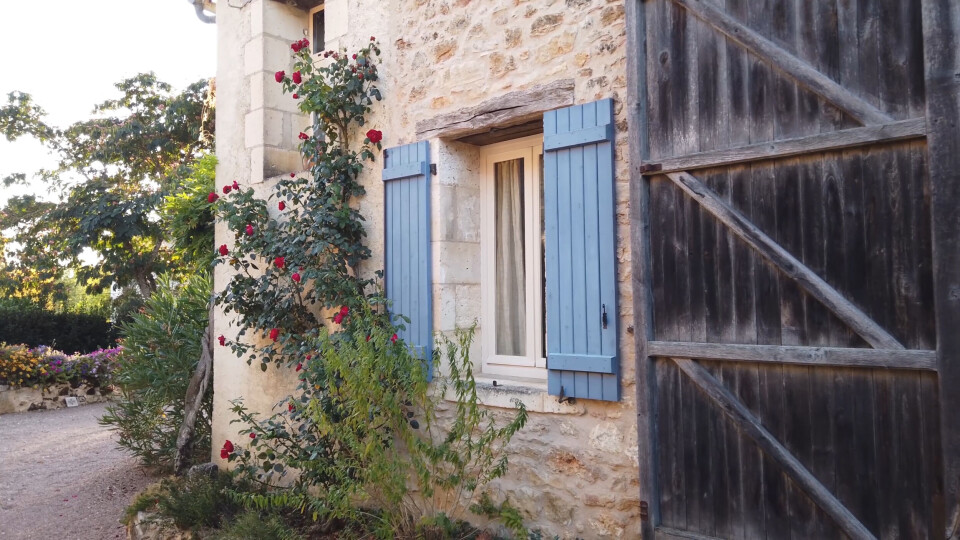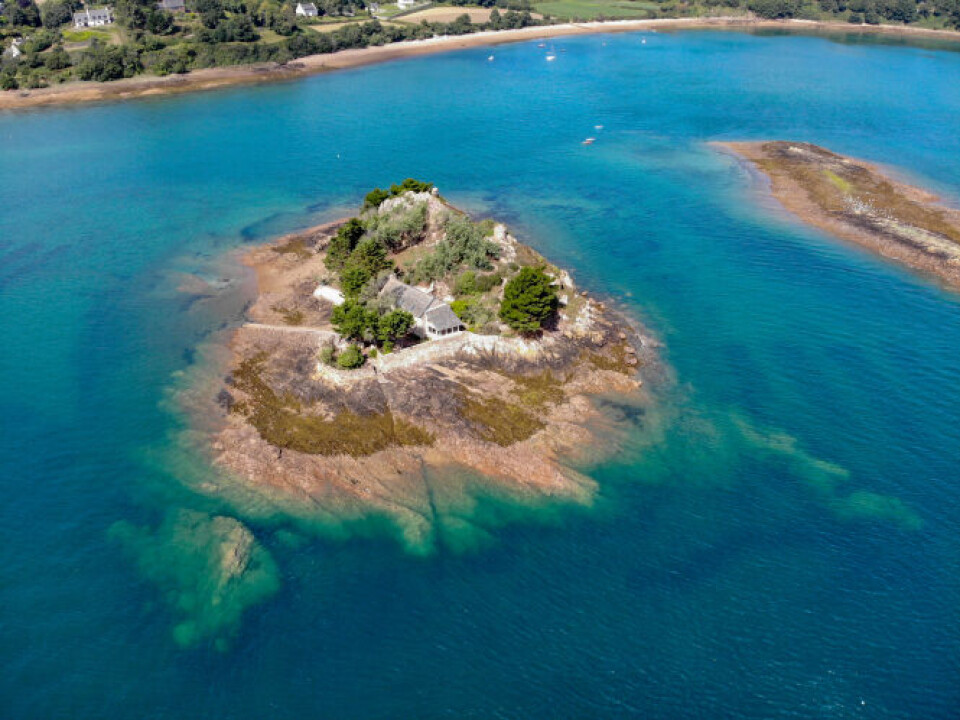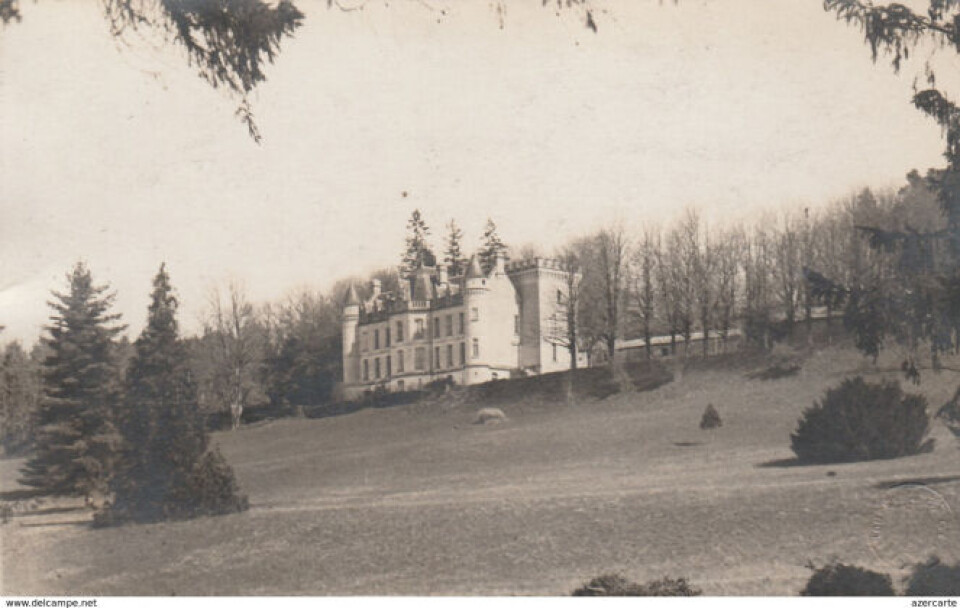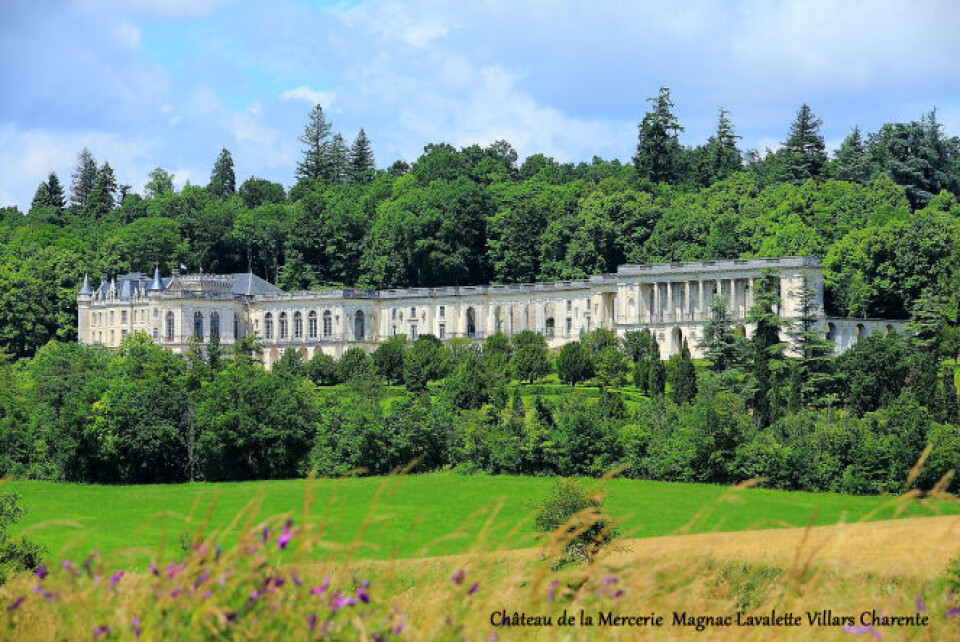-
Does a pool still add value to French property despite water restrictions?
An increased selling price might look attractive but do not forget running costs, increased taxes and water bans
-
Where in Paris is property becoming more affordable?
Seven arrondissements have now fallen below the €9,000 per square metre bracket
-
Large increase in Americans buying property on the Cote d’Azur
President Trump is cited as a major factor, but is not the only reason for the area’s popularity
French property market news: Our November round-up
From rising house prices and record transactions to home insulation grants and the sale of a private island, here is our pick of recent stories for property owners in France

We take a look at recent property news from rising house prices and a record number of transactions to problems with the state home insulation grant programme.
New figures reflect record number of property transactions
The strength of the French property market is shown by the latest figures released by the official notaire network, including a headline-grabbing record number of transactions over a 12-month period.
The Notaires de France data (this data is several months behind that of some leading estate agents but is the most comprehensive available as notaires are involved in all transactions nationwide) shows that the period August 2020 to August 2021 saw 1,208,000 transactions for non new-build (ironically known in French as ancien) houses and flats.
This compares to a previous record of 1,123,000 set for the 12-month period ending May 2021.
In their statement the notaires said the “extremely fluid market”, and the government’s measures to lessen the social and economic effect of the Covid pandemic meant that lots of people in France are now ready to take the step to buy their own home.
They also noted that significant numbers were moving from big cities into smaller communes but said it was not enough to classify this as an urban exit.
“Only a small part of the population has the capacity to organise such a move, professionally and personally,” the notaires said.
This news contrasts with later figures from two large estate agencies, which say that their networks have seen slowdowns of between 5.5% and 10% in the number of transactions effectuated since the end of the summer holidays.
The discrepancy is partially down to the fact that the notaires count completed transactions, while the estate agents count the initial compromis de vente sales agreement.
Transactions usually take three months to complete after the first signature.
Notaires said overall price rises were 7% in the period April to June 30 (compared to April - June 2020). This compares to a 6.4% rise January - March 31 on the same quarter in 2020.
However, there remained large regional differences, with Rennes seeing a 12.4% annual rise to an average of €3,450 per m2, for flats, while Nice saw a 0.6% rise for flats to €4,090 per m2.
For non-new build houses, South Corsica saw an 18.9% rise to €426,800, Toulon a 14% rise to €424,000 and Nancy a rise of 13.8% to an average price of €223,000. These prices relate to median sale prices.
By contrast the [median] price of houses fell 7.9% in Metz to €226,000 and by 6.8% in Châteauroux (Indre, Centre-Val de Loire) to €116,000.
Flats in Paris fell in value overall by 0.2% on year to year figures to €10,650 per m2.
Rural property prices back up to pre-financial crash levels
The property price index Meilleurs agents – Les Echos for October shows that prices of rural properties have finally risen above the level last reached in 2008, before the financial crash saw prices in some areas fall by up to 25%.
Rural property prices have increased by 7.4% since January 1 and 0.8% in the past month.
Read more: 'Covid showed us that city life in France has its drawbacks'
Surge in planning permissions
Planning permissions for new-build houses and flats have also surged, with a jump of 15.6% over the year, which means the number is 1.3% higher than 2019 figures, before Covid disruptions.
The figures show that the largest increase was for planning permission for houses, with flats trailing behind.
The government has confirmed that from January, all planning applications to build in communes with populations of more than 35,000 people will have to be made online.
In a separate development a government committee, charged with overhauling the planning permission system, recommended that the government develop software to help with each stage of the process, and make it freely available to property developers.
A Breton island has come up for sale

A 0.6 hectare island off the Brittany Channel coast has come to the market, priced at €1,575,000.
Situated in the Bréhat Archipelago, the island has a modernized coastguard cottage originally built in 1758, but now fitted with all the modern conveniences.
It also has its own look-out tower on top of the highest point (alt. 21 metres).
Read more: Property sales explode in Côtes-d’Armor, Brittany since Covid
Paris’ Olympic village takes shape
Work is well underway on the Olympic village being built in Seine-Saint-Denis for the Paris Olympic games in 2024.
During the games, this complex will host 14,000 athletes and staff, and 8,000 athletes and staff during the Paralympic games.
Designers say after the games the village will be a new waterside quartier in the town with 2,500 homes, 3,200m2 of small shops, 120,000m2 of office and workshop space and seven hectares of parks.
Included in the design are designated climate refuges for use during heatwaves – but the brief does not cover refuges from flooding or from potential riots.
Changes to government’s home insulation programme
More changes have been made to the government’s programme to promote home insulation by subsidising some of the cost to homeowners.
From January 1, 2022, all the schemes will be linked under a single public service called France Rénov’, which will partially replace the existing Faire scheme.
The MaPrimeRénov site, which handles applications for aid, will be kept and will be available through France Rénov.
An extra €2billion has been allocated for home insulation projects as part of the government’s bid to boost the post-Covid lockdown economy.
However, the MaPrimeRénov scheme is encountering numerous difficulties, as technical problems prevent some households from obtaining the funding to which they are entitled.
Once a household has fulfilled all the necessary requirements for the grant, they should receive it within 15 working days, but many wait for months.
The number affected sits at around 3,000 (or 2%) according to the Agence nationale de l’habitat, which runs the programme.
However, Facebook page for those experiencing such difficulties now has 16,000 members, and a petition calling for action has collected 11,000 signatures.
Read more: What is France Rénov’ aid scheme – can I use it to renovate my house?
Taking a look at the extraordinary Château de la Mercerie

Some people just cannot stop building projects, and in this month’s property roundup we tell the extraordinary tale of the Château de la Mercerie in the Charente, where two brothers built a 220 metre long classical façade over 30 years.
Raymond and Alphonse Réthoré arrived in the Manor of Mercerie in Magnac-Lavalette in 1925, dreaming of constructing a castle and museum to go alongside the nineteenth-century house.

Alphonse – a self-taught architect – drew up the plans, while Raymond financed the project through his industrial washing machine business.
Château de la Mercerie - nicknamed the Versailles of Charente. I first cycled past this Chateau in 2009. The Castle and side wing (construction started in 1939 then abandoned after the War) is a folie and is the longest (220metres) protected facade in France pic.twitter.com/T5OAc0HxJi
— Les Causton (@LesLegs) October 9, 2021
Building work began in 1939 but was interrupted by World War Two. After peace was restored, construction resumed, continuing until 1975, by which time the brothers had created the only façade in France to be classified and to have a length of 220 metres.
The brothers ended up financially ruined, and the chateau fell into decay, before the present owners, a Paris based property firm Foncière Volta, stepped in with a local association and the commune to save it.
Related stories
Downsizers: We swapped our big house in France for modern - and modest
‘Hobbit’ housing grows with trend in France for low-impact living
























